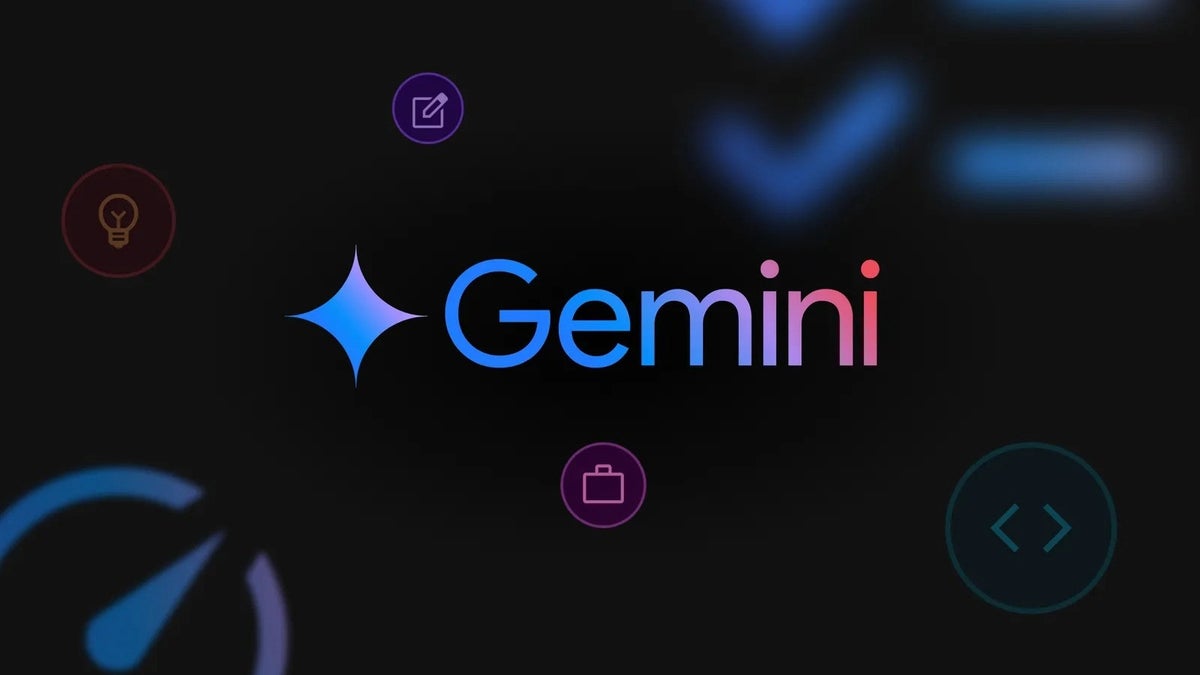All Gemini users around the world get access to Imagen 3 for image generation

In May, Google revealed the third generation of its image generation model, Imagen 3. Fast forward to August, the tech giant announced plans to make it available to users worldwide, and now that promise has come to fruition.
Google has officially rolled out image generation with Imagen 3 to all Gemini users globally. This updated model boasts sharper details, more vibrant colors, and fewer flaws than earlier versions.
Probably, one of the standout upgrades in Imagen 3 is its knack for rendering text – something that has been a bit of a joke for other text-to-image models like DALL-E and Adobe Firefly. Google is promoting this capability as a way to craft personalized images featuring text, perfect for everything from greeting cards to photos with special messages.
To test out the features of Imagen 3, just launch Gemini on your mobile or desktop – whichever you prefer. Then, kick off your prompts with words like "draw," "generate," or "create," along with the style you're aiming for. Remember, the more details you include, the better the model can grasp your vision. Gemini will let you know it's "Creating your image with Imagen 3."
Just a heads-up: generating images featuring people isn't an option for free users right now. If you want to create those kinds of images, you'll need to subscribe to Gemini Advanced. The paid tier offers you:
I've got to say the capabilities of Imagen 3 are pretty remarkable. That's why I really think we need clearer labeling for AI-generated content, and I believe regulators around the globe must step up and address this issue to prevent misinformation from spreading. For example, not too long ago, the European Union put together the EU AI Pact – a voluntary agreement between tech companies and the EU focused on fostering responsible and ethical AI development. Now, whether it will be effective or not is still up in the air.
No matter where you are, you can now access Imagen 3
Google has officially rolled out image generation with Imagen 3 to all Gemini users globally. This updated model boasts sharper details, more vibrant colors, and fewer flaws than earlier versions.
Image generation with Imagen 3 is now available to all Gemini users around the world.
— Google Gemini App (@GeminiApp) October 9, 2024
Imagen 3 is our highest quality image generation model yet and brings an even higher degree of photorealism, better instruction following, and fewer distracting artifacts than ever before. pic.twitter.com/E8CrcyFcz5
Just a heads-up: generating images featuring people isn't an option for free users right now. If you want to create those kinds of images, you'll need to subscribe to Gemini Advanced. The paid tier offers you:
- Access to Google's next-gen model, 1.5 Pro
- 1 million token context window, able to handle uploads of up to 1,500 pages
- Priority access to the latest features
- The ability to run and edit Python code directly in Gemini Advanced
- A generous 2 TB of storage through Google One
- Gemini integration in Gmail, Docs, and more (available in select languages)
I've got to say the capabilities of Imagen 3 are pretty remarkable. That's why I really think we need clearer labeling for AI-generated content, and I believe regulators around the globe must step up and address this issue to prevent misinformation from spreading. For example, not too long ago, the European Union put together the EU AI Pact – a voluntary agreement between tech companies and the EU focused on fostering responsible and ethical AI development. Now, whether it will be effective or not is still up in the air.
Follow us on Google News












Things that are NOT allowed:
To help keep our community safe and free from spam, we apply temporary limits to newly created accounts: